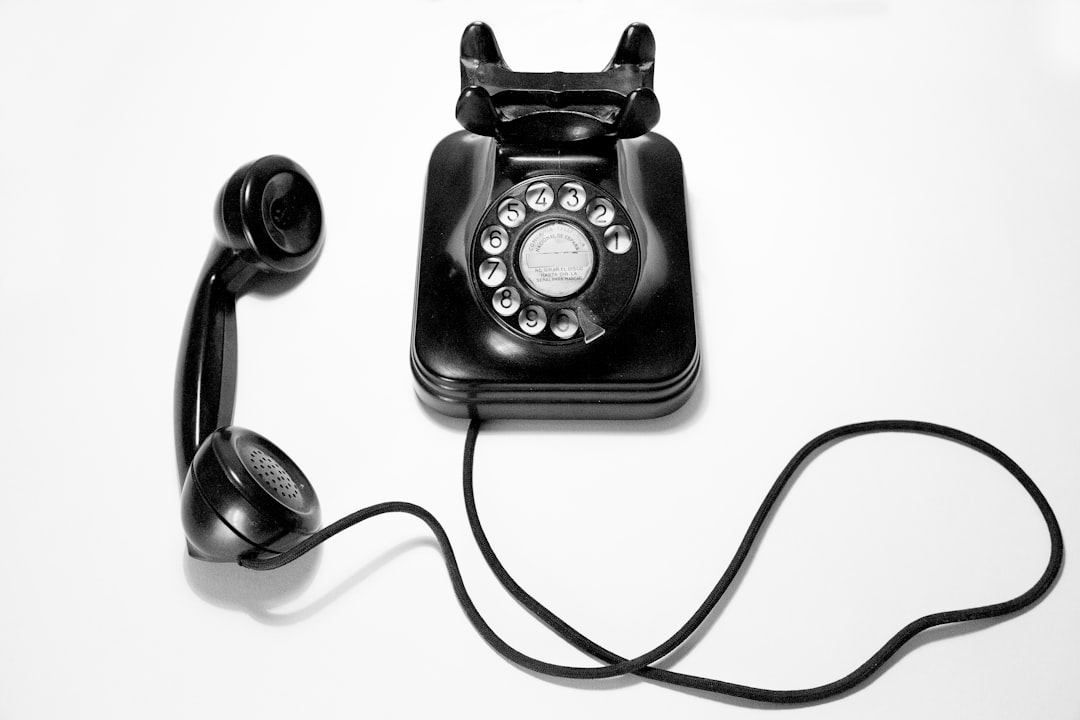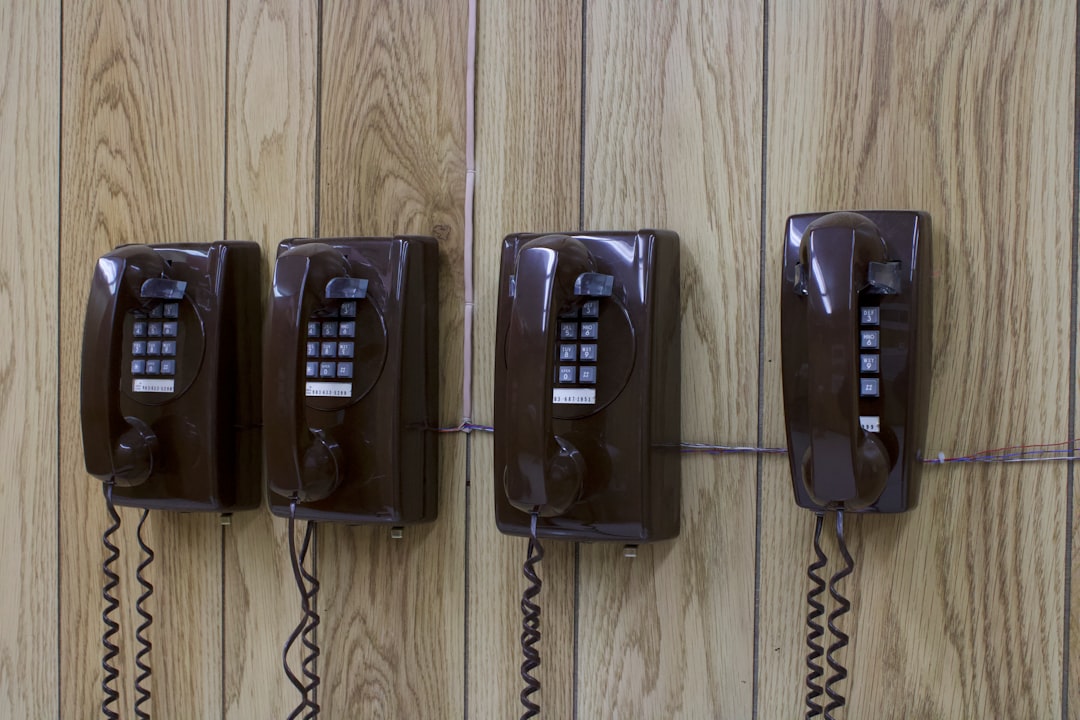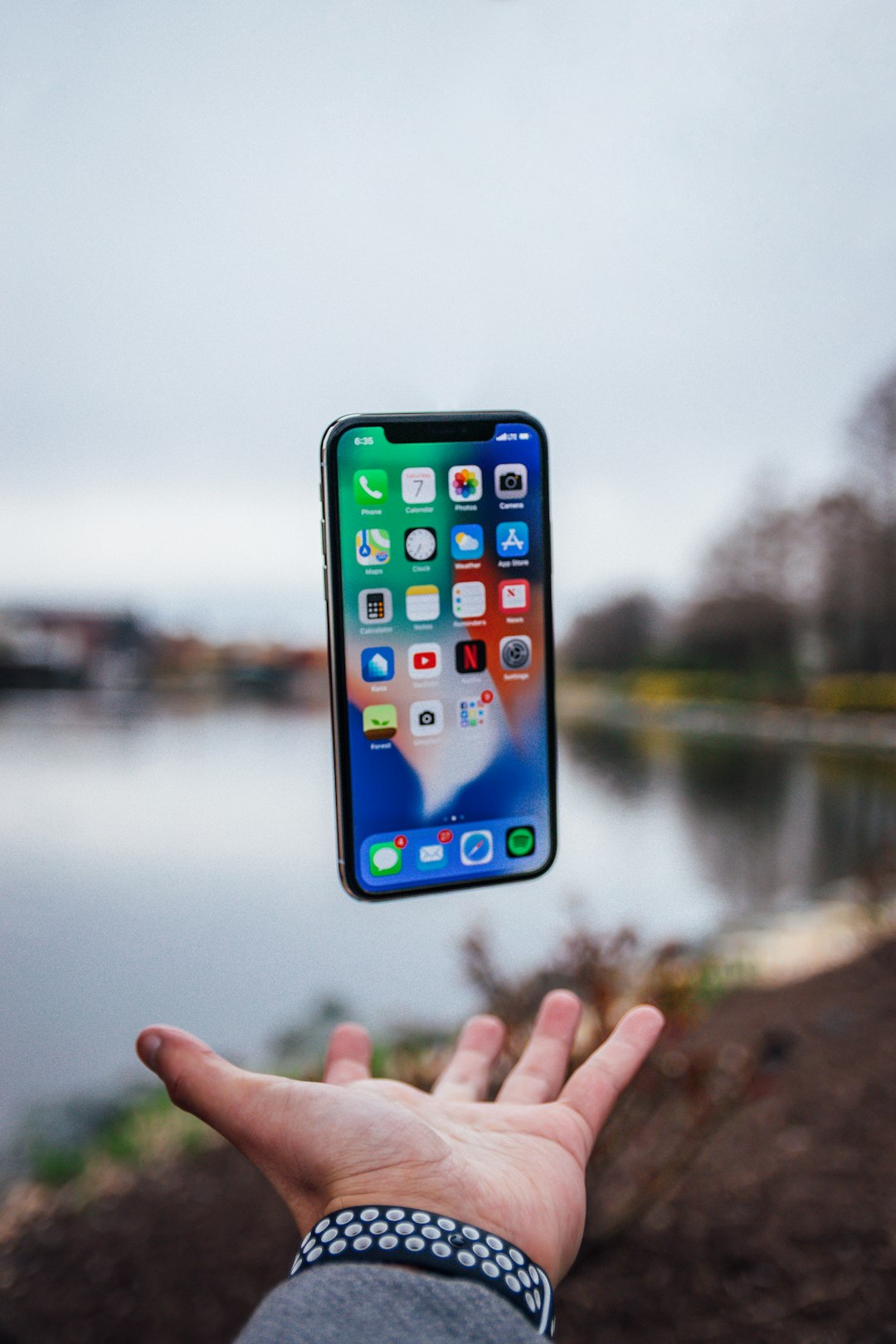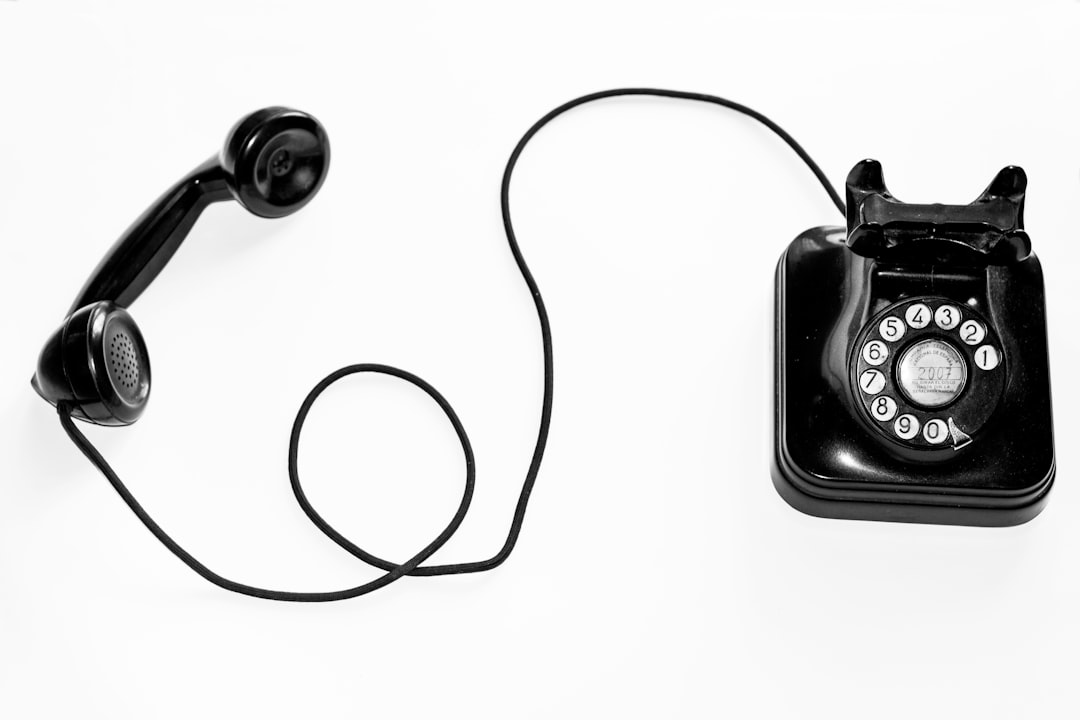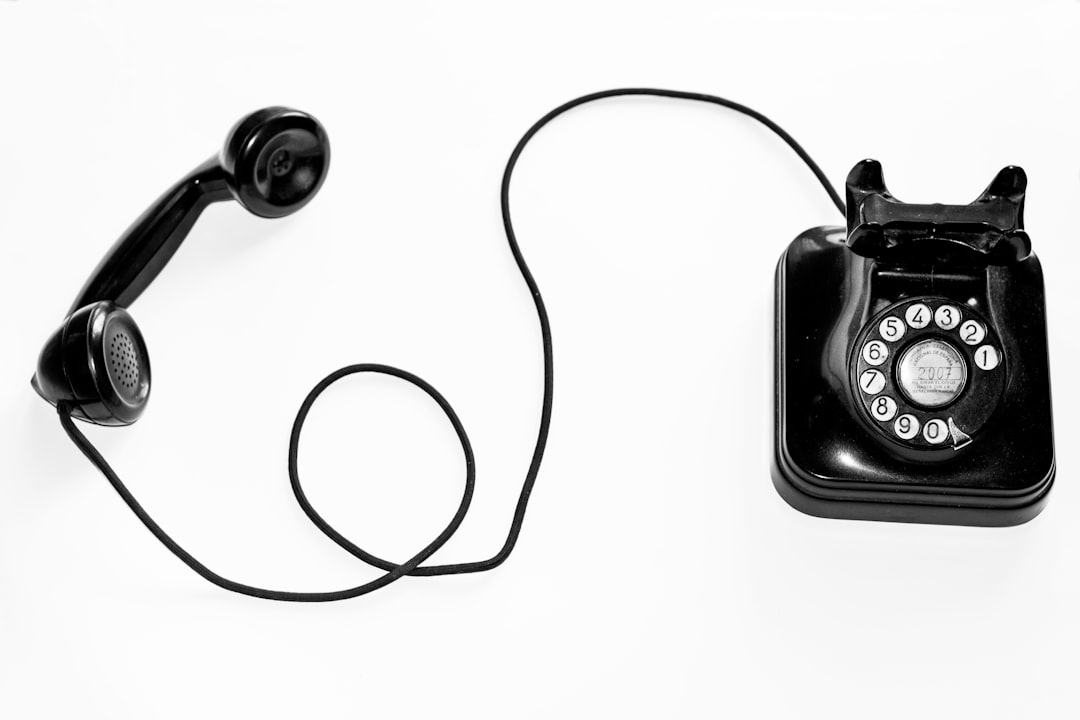Robocalls have become a major issue in Minnesota due to fraudulent marketing messages, but state laws and consumer protection efforts offer relief. Advanced robocall-blocking apps like CallBlock, Nomorobo, TrueCall, and Hush use machine learning and signal analysis to identify and block spam calls. These apps integrate with lawyer for robocall services in Minnesota, providing legal protection against persistent spam. Users can enjoy a quieter phone experience by leveraging advanced features like Caller ID and call history analysis, reclaiming their peace of mind from unwanted automated calls.
Tired of annoying robocalls inundating your Minnesota lines? You’re not alone. In today’s digital age, these automated calls have become a persistent nuisance. But help is at hand! This comprehensive guide explores the best apps designed to block robocalls in Minnesota, empowering you to reclaim your communication channels. From understanding the legal landscape and how these apps work to delving into advanced features like caller ID, we’ve got you covered. Discover real-world success stories from fellow Minnesotans who have found respite from unwanted calls. Find out which app is right for you and say goodbye to robocalls with the help of a lawyer for robocall laws Minnesota.
Understanding Robocalls and Their Legal Landscape in Minnesota
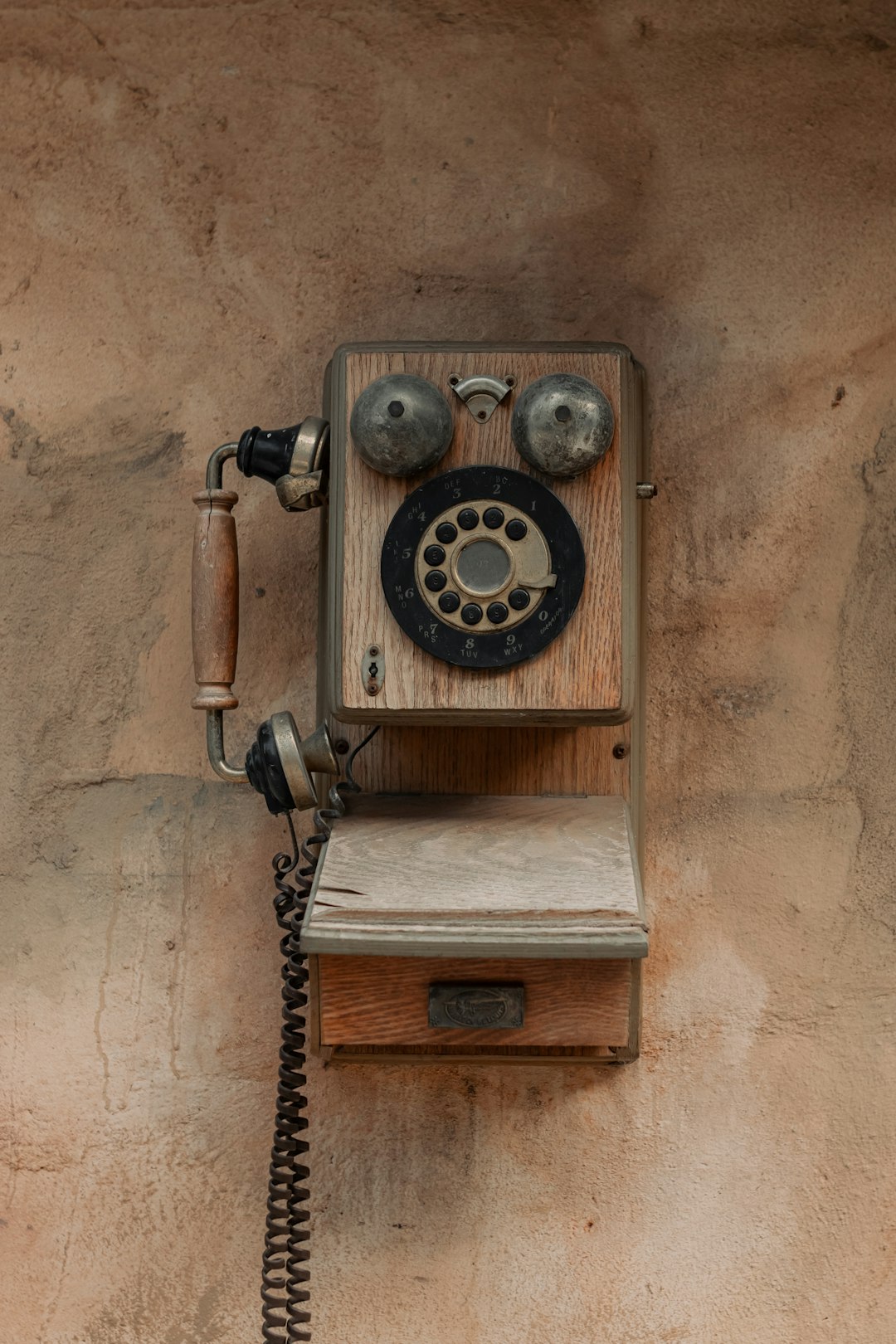
Robocalls, automated telephone calls that deliver pre-recorded marketing messages, have become a pervasive issue across the country, including Minnesota. While some robocalls are from legitimate businesses, many fall into the category of unwanted or fraudulent calls, leading to significant consumer frustration. In Minnesota, as in other states, laws are in place to protect residents from these intrusive and often deceptive practices.
Minnesota’s attorney general’s office plays a crucial role in enforcing telephone consumer protection laws, including those against robocallers. The state has specific regulations regarding automated telemarketing calls, such as requiring caller identification and opt-out mechanisms. If you’ve received harassing or fraudulent robocalls, reporting them to the Minnesota Attorney General’s Consumer Protection Division can trigger investigations and help hold offenders accountable. Seeking legal assistance from a specialist in consumer protection law, particularly one experienced with robocall cases, may also be beneficial for those looking to resolve issues related to these unwanted calls.
Top Apps to Block Automated Calls: A Comprehensive Review
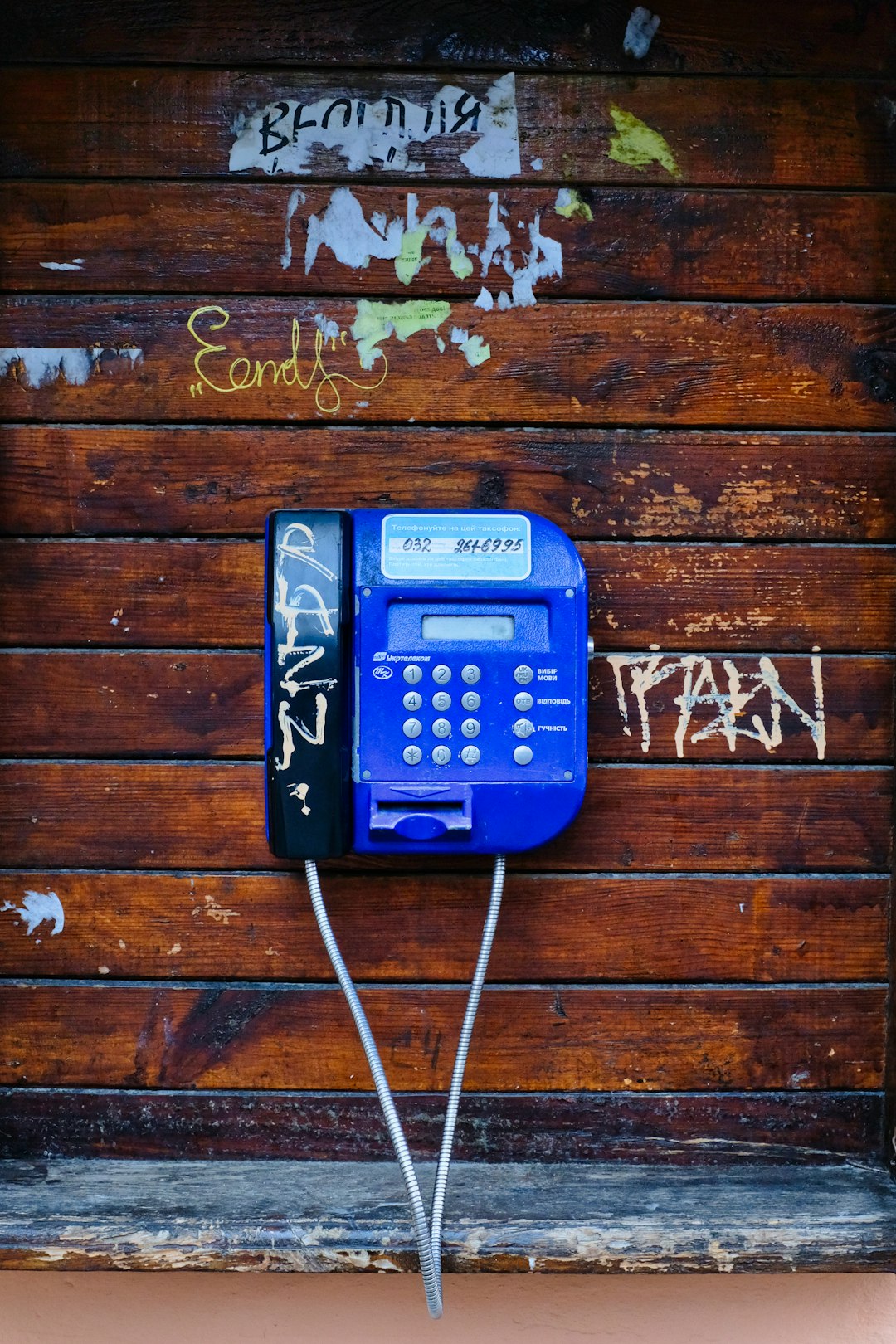
In today’s digital era, robocalls have become a ubiquitous and often frustrating part of daily life. Fortunately, numerous apps are available to help Minnesota residents combat this issue. Top-rated options like CallBlock and Nomorobo stand out for their advanced automated call blocking technology, accurately identifying and filtering out robocalls with high efficiency. These apps not only protect users from unwanted calls but also save time and reduce stress.
Another notable mention is TrueCall, which offers a comprehensive suite of features beyond just blocking robocalls, including caller ID and the ability to report spam. For those seeking a more proactive approach, Hush provides advanced call management tools that allow users to customize their preferences and block specific types of calls. Additionally, many of these apps integrate with lawyer for robocall services in Minnesota, offering legal recourse against persistent spam calls.
How Do These Apps Work? Uncovering the Technology Behind Spamblockers

These apps employ sophisticated technology, often leveraging machine learning and artificial intelligence to identify and block robocalls. They analyze patterns in incoming calls, comparing them against vast databases of known spam numbers. By continuously updating their data, these apps can adapt to new tactics used by spammers, who frequently change their methods to bypass filters. When a call is deemed suspicious, the app either blocks it immediately or flags it for manual review, allowing users to decide whether to answer or not.
The technology behind these spamblockers isn’t just about identifying bad numbers; it involves intricate signal analysis and pattern recognition. They can detect subtle differences in ringtone duration, tone quality, and other acoustic features that humans might miss but that computers can readily pick up on. This advanced signaling analysis enables the apps to accurately distinguish between legitimate calls from friends or businesses and unwanted robocalls, ensuring that Minnesota residents, with the help of a lawyer for robocall laws, can enjoy a quieter, more peaceful communication experience.
Exploring Advanced Features: Caller ID, Call History, and More

When exploring apps to combat robocalls, look beyond basic blocking features. Advanced options like Caller ID can provide crucial insights into who’s calling, helping you identify and block specific numbers more effectively. Some apps offer call history, allowing you to review past interactions and better understand the patterns of unwanted callers.
These enhanced functionalities can be a game-changer in the battle against robocalls. For instance, knowing the frequency of calls from certain areas or numbers associated with legal actions (like those from a lawyer for robocall laws in Minnesota) can help you take proactive measures. Utilizing these advanced features can empower you to manage your communication settings more efficiently and ensure a quieter, less disruptive phone experience.
Real-World Success Stories: Testimonials from Minnesota Users
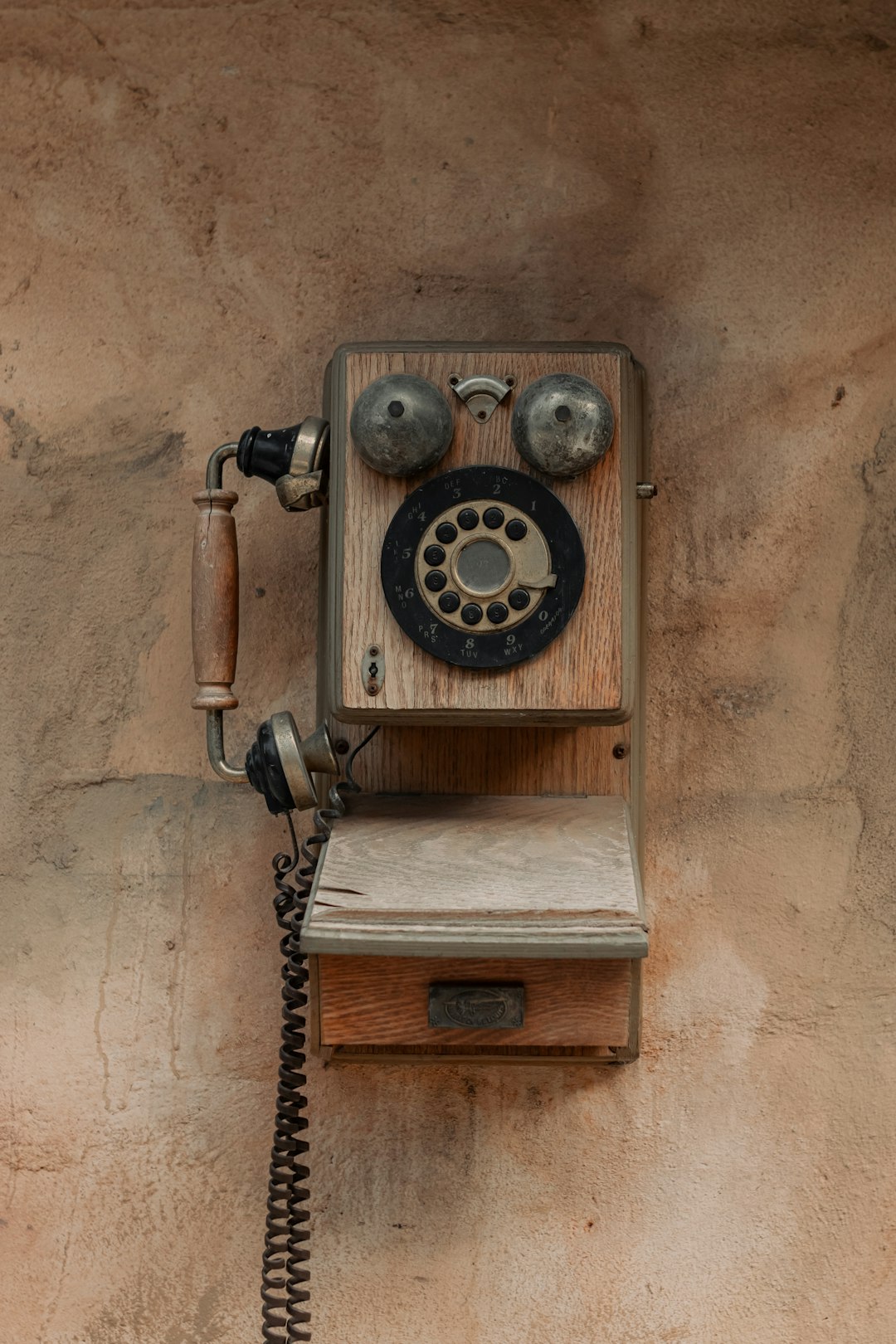
In a state like Minnesota, known for its robust consumer protection laws, many residents have found success in combating robocalls through innovative solutions. Testimonials from satisfied users highlight the effectiveness of specific apps in blocking unwanted calls. One user, who prefers to remain anonymous, shared their experience with an app that utilizes machine learning algorithms to identify and block spam calls. “Since downloading this app,” they remarked, “I’ve seen a dramatic decrease in robocalls, especially from law firms trying to sell their services.”
Another Minnesota resident, Sarah, praised an app that not only blocks but also provides detailed information about the caller. “It’s like having a personal lawyer for robocall issues,” she quipped. The app has become an indispensable tool, allowing her to save time and effort by automatically filtering out nuisance calls. These real-world success stories illustrate how ordinary citizens are taking control of their phone lines and reclaiming their peace of mind in the face of relentless robocalls.
